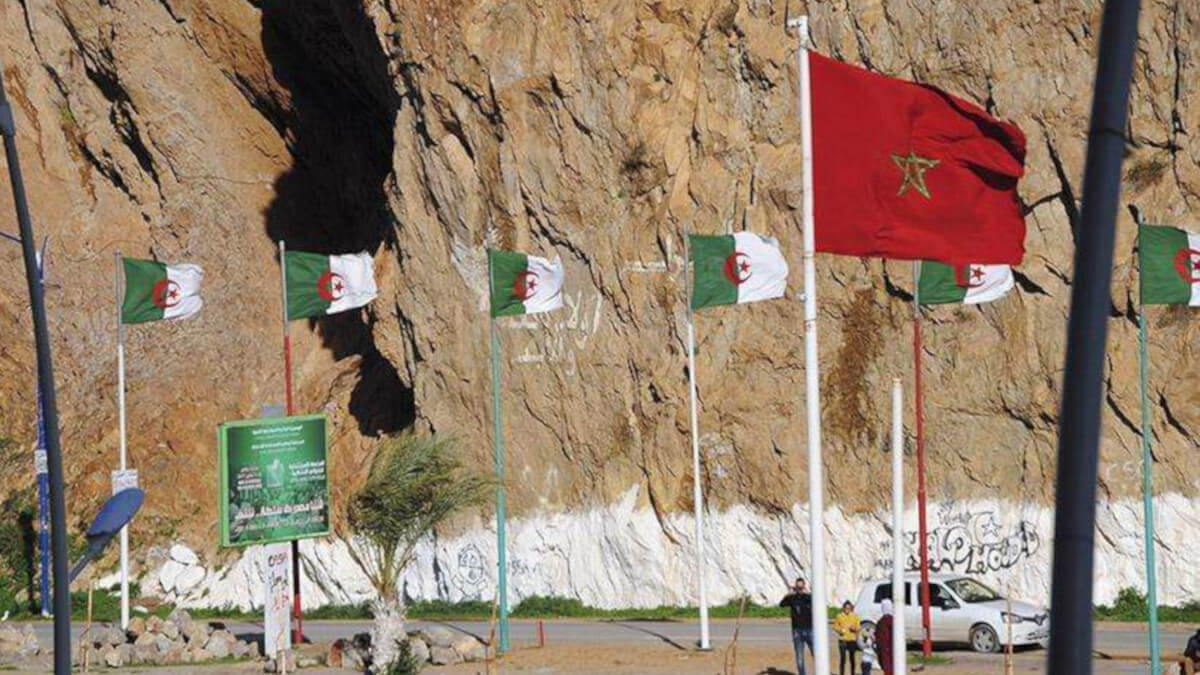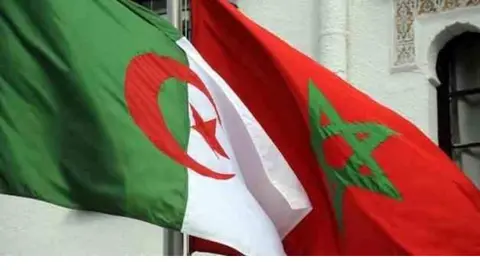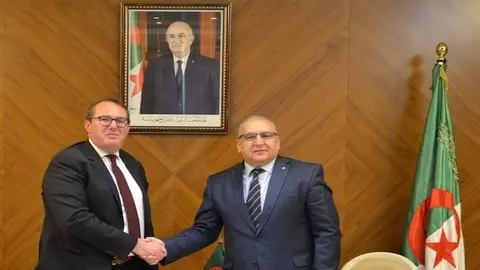Algeria and Morocco tear each other apart

The announcement of the opening of a bureau of a Rifian independence movement in Algiers is terrible news for coexistence in the Maghreb and for the region's political future.
Until now, both Morocco and Algeria have limited themselves to making statements using the Amazigh issue as a weapon of war: Rabat referring to Ferhat Mehenni's MAK (Movement for the Autonomy of Kabylia); and Algiers taking the same stance with the "Rifian Hirak" and its various components.
But neither the Kabyle autonomists/independentists in Algeria had permanent offices in Morocco, nor did the Rifian autonomists/autonomists have their own in Algeria. Algiers has taken an unfortunate and dangerous step for coexistence between the North African peoples.
The precedent and first mistake on the issue was made by Morocco at the summit of the Non-Aligned Movement in July 2021 when it referred to the Amazigh people of Kabylia, stressing that "one of the oldest peoples of Africa continues to be deprived of its right to self-determination". He added Moroccan diplomatic support for "their right to autonomy and the recognition of their cultural and linguistic identity".
Rabat was not content with the statement and made it known to all delegations represented at the UN in a written document. A year later, on 14 June 2022, Omar Hilale returned to the UN Human Rights Committee. And at the last UN General Assembly in October 2023, Moroccan Ambassador Hilale again lashed out at the Algerian neighbour, recalling that "the Kabyle people existed before the Algerian state existed".
The step taken by the Algerian authorities therefore has its antecedents, which in no way justifies the blow to peace and harmony among the peoples of the Maghreb. Nor does it justify the position defended by the Moroccan ambassador to the UN on Kabylia and its population.
First in Morocco, and now in Algeria, this quarrel between the two capitals has gone down very badly in Morocco and Algeria.

Historical trajectory
During the years of the anti-colonialist struggle, the four decades from the 1920s until the respective independence of the Maghreb countries (Tunisia and Morocco in 1956, and Algeria in 1962), none of the three nations questioned the territorial unity and sovereignty of each of them over their territories. And this despite the manoeuvres and subterfuges of the colonial metropolises to provoke territorial divisions and artificial borders.
In 1956, the French army kidnapped five leaders of the Algerian National Liberation Front who were travelling from Morocco to Tunisia to attend a summit meeting organised by President Habib Bourguiba. The Moroccan lawyer Abderrahman Yussufi, along with other Algerian and Tunisian lawyers, defended the abductees, including the future president Ahmed Ben Bella and the revolutionary leader Hocine Ait Ahmed, a native of Algerian Kabylia. In 1958, the three revolutionary liberation movements of the three North African countries met in Tangiers to join forces and pledge their commitment to brotherhood and solidarity.
In the 1950s, Sultan Mohammed V of Morocco, President Bourguiba of Tunisia and King Idris el Senussi of Libya made land, workshops and barracks available to the Algerian revolutionaries (no one distinguished between Kabyle, Mozarabite, Tuareg, Oranese, Oranan, capital, Setifian or Constantinian) for the training of the Djunuds (the guerrillas) and the manufacture of weapons.
From his exile in Madrid, for internal reasons in the anti-colonial process in Tunisia, Hafid Ibrahim financed the rebel movements against the metropolises throughout the Maghreb. The main guerrilla leaders of Algeria and Morocco paraded through his house in Somosaguas, and there was never any talk of the inhabitants of Kabylia, the Rif or the Spanish Sahara having to build their own state.
It is true, however, that since the colonial era in the Maghreb, and especially after independence, Morocco and Algeria in particular have been involved in clashes and clashes, some of them armed. The "border war" first and the Spanish Sahara conflict later are examples of this. But what is happening now is that Morocco and Algeria are becoming embroiled in a process of tearing each other apart, which, according to veteran Maghrebi revolutionaries, only benefits those who want to weaken the region in order to continue exploiting its riches.



